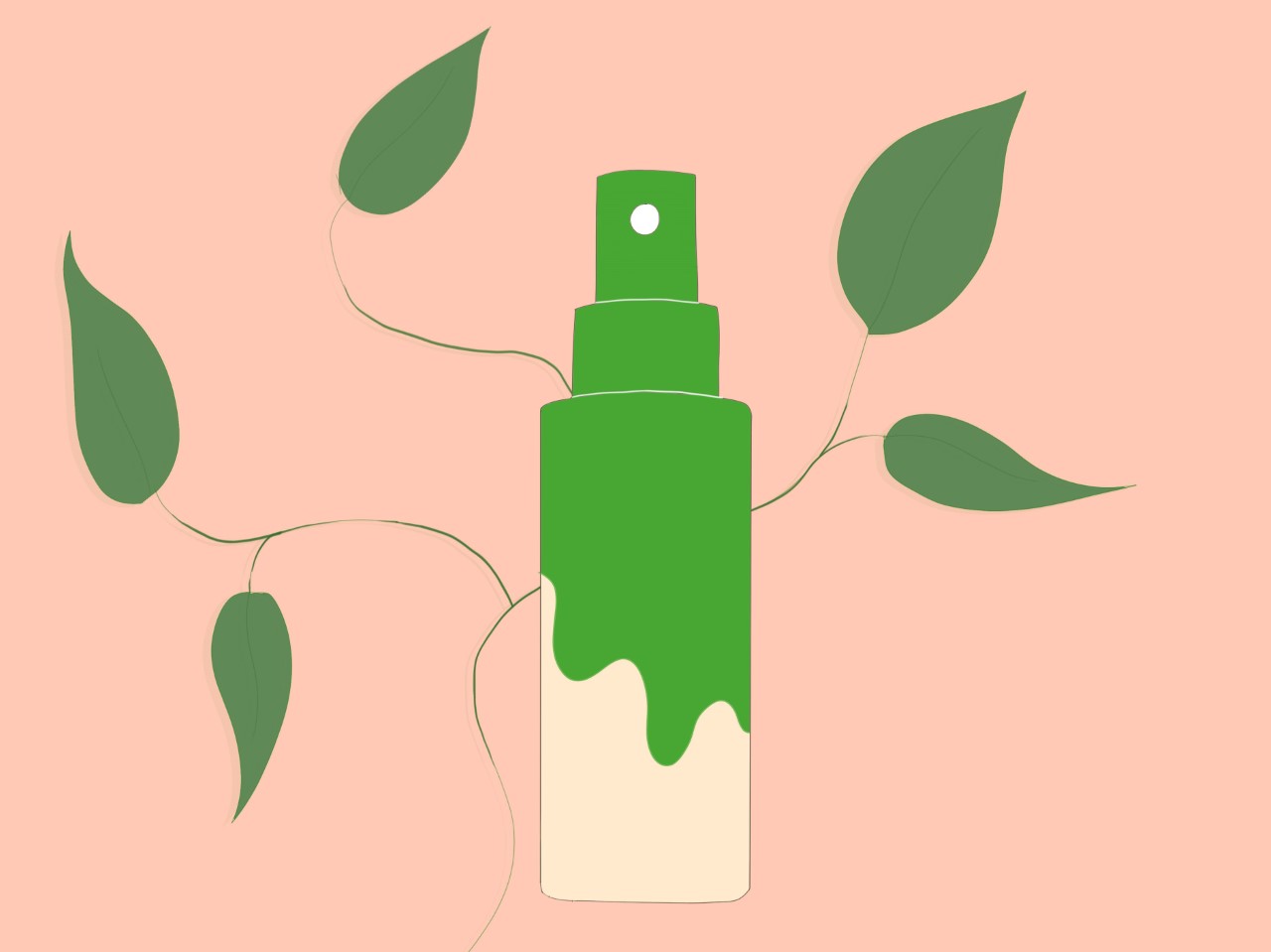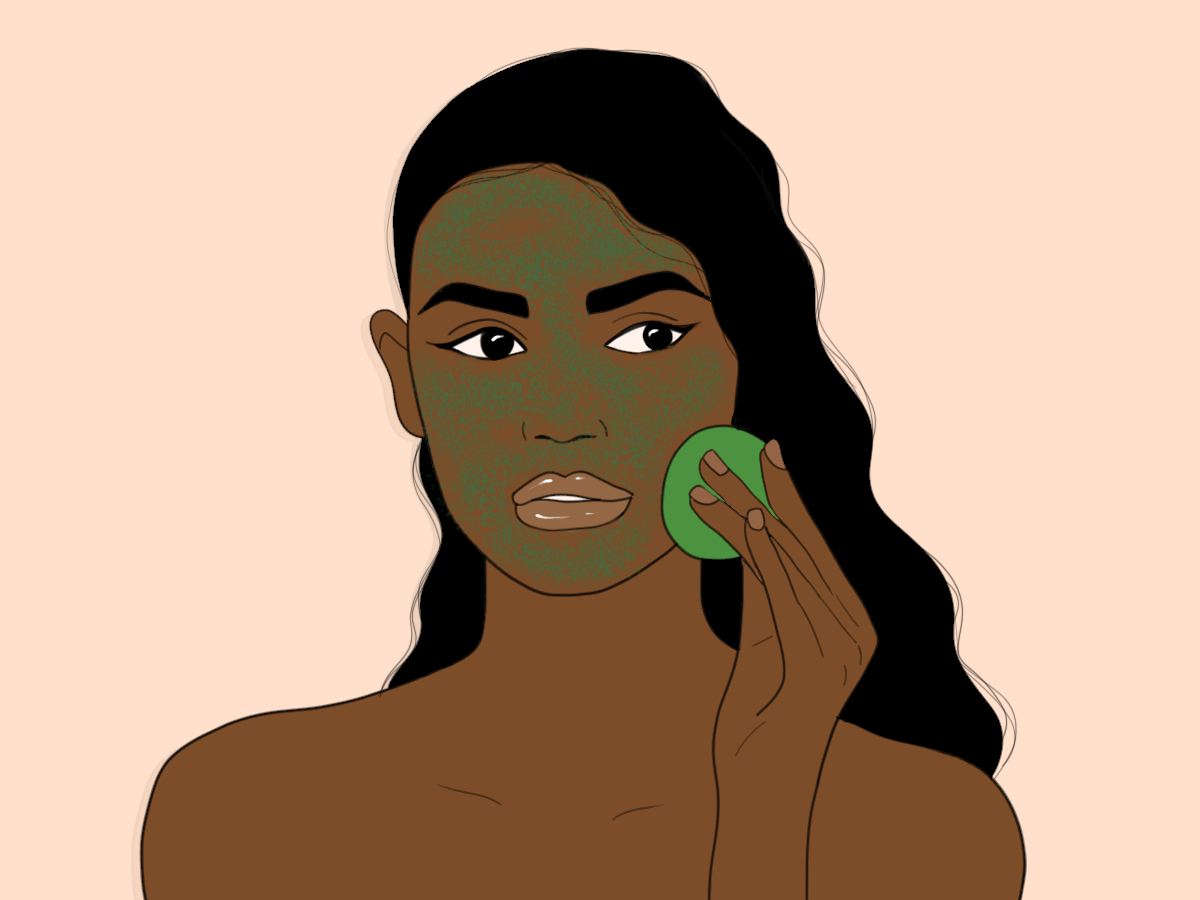What is greenwashing?
Greenwashing is a deceptive form of marketing that creates an environmentally-friendly image for a company or product. This can create the false impression that by supporting a company you are being animal friendly, saving the planet and improving your health. All while these greenwashed companies are making misleading claims that could be secretly harming your health.
Greenwashing has been a marketing tactic since the dawn of sales. But issues like diet, climate change and veganism have made the average consumer today more conscious of the products they choose to buy. People are inundated with advertising that challenges them to be responsible for a healthy lifestyle. Greenwashed companies are taking advantage.
By purchasing ‘green’ products, consumers can be led to believe that they are helping a cause close to them, even if it isn’t really true. Greenwashed companies’ business practices frequently stretch the truth about the capabilities of their products by using subliminal messaging and buzzwords. I have been guilty of falling for the use of words like ‘botanical’ and ‘natural’ on cosmetics in the past. Only to realise once I’ve already purchased a product that the real percentage of botanical ingredients was heavily exaggerated.
People who frequent the beauty aisle at stores such as Boots and Superdrug may recognise the increased number of products marketed in green. The colour green is associated with nature and health in many cultures. But do you really know what is in your cosmetics?
Why greenwashed companies are dangerous?
There is a misconception that false advertising is harmless. At its most trivial, some companies make unsubstantiated claims which the average consumer knows is an exaggeration. Others will feature the names of ‘special ingredients’ in their products that actually make up a tiny fraction of their weight. But the worst can make people suffer allergic reactions to improperly labelled ingredients. Agitating skin conditions and asthma for example, that a consumer isn’t aware has been caused by a product they love.
In 2017, I realised that my routinely inflamed scalp was being agitated by my allergy to coconuts in a shampoo that did not clearly label that it was included. When the problem reached its peak, my hair was falling out and I blamed it on stress until a friend mentioned that the same thing was happening to her. She took a closer look at her everyday shampoo and realised that an ingredient that was toxic to her body-chemistry was the culprit for her constantly shedding hair. What I’ve learned since is that ingredients like SLS, the foaming agent present in soaps and shampoos, can be derived from many sources. One of them being coconut. But only some companies claim where they are sourcing their SLS from.
Greenwashing and diet
And the issue doesn’t just stop at cosmetics. Those who are concerned about animal welfare often have a vegan diet. In an effort to jump on the ‘trend’, companies are rushing to label their meals vegan or vegetarian without making certain that they are. Greenwashed companies need to be exposed. These companies play on good people’s desire to be a part of the responsible change by buying products that make green claims. By not buying from real green companies, greenwashed companies can rake in funds that should go to better causes.
Alternatives to harmful ingredients

Preservatives exist in food and cosmetics alike. Almost all skincare and haircare products use the same few preservatives. There are two specific types of preservatives I recommend getting familiar with so you can avoid them. Formaldehyde and parabens. They go by different names on ingredient lists such as methylparaben and ethylparaben. And Quaternium-15 and Diazolidinyl urea for formaldehyde-releasing ingredients. Both types are known to be carcinogenic: Meaning they can potentially lead to cancer. They can also agitate asthma and lead to neurotoxicity.
Parabens are used to stop bacteria from growing in water-based products – which most cosmetics like skin lotions are. Parabens are endocrine-disrupting, causing hormonal imbalances. They are used commonly because they are cheap and effective. Many health-conscious companies, such as Lush, are slowly moving towards eco-friendly products that are self-preserving. Self-preserving products utilise natural ingredients in place of parabens and formaldehyde-releasing ingredients. They often have a shorter shelf-life but they are better for your health.
Essential oils can extend the shelf-life of some cosmetics. There are other safe preservatives that are derived directly from the molecules of plant products which are good alternatives. Benzyl alcohol and salicylic acid are safe alternatives. The latter is one of the World Health Organization’s List of Essential Medicines. It is difficult to find brands which never use any of these ingredients. But actively trying to reduce your body’s consumption of these ingredients is worth it.
How to spot a greenwashed company
There are a few easy ways of catching out greenwashed companies. But the easiest is simply reading your ingredients lists in the store or before you shop using a brand’s website. The haircare brand OGX, more commonly known as Organix, does not use organic ingredients despite their name. This can easily be found out by checking their ingredients on their labels at the supermarket or drugstore. Classic greenwashers such as this play on the healthy connotation the word ‘organic’ is associated with, without putting in the effort to follow through with their claims.
You can also be vigilant about companies that use glitter in their products. Most glitter pollutes the ocean and can affect marine life because it is made from PET and plastic. As well as this, it is non-biodegradable and has to be removed from the ocean manually – it doesn’t just disappear! But glitter doesn’t have to be avoided completely. Synthetic mica is man-made and earth-friendly. This means you can enjoy your Lush bath bombs without worrying about the environmental impact the residue will have on other organisms.
The real green companies
One easy way of spotting a truly green product is one with easy to understand ingredients. It is important to note that many ingredient lists use Latin names. After a little bit of practice, they become easy to translate. Products which boldly tout super-ingredients on the front of their packaging, such as ‘argan oil’ or ‘lavender oil’, should have these ingredients featured as one of the first five to eight ingredients on their list. Many companies draw in customers this way but only have a tiny amount of these ‘super’ ingredients in them.
Real green companies should be transparent about where they get their ingredients from. A simple email or call customers services should do the trick. But educating yourself on ingredients doesn’t have to take up a lot of your time or require you to become a biologist or environmentalist.
Attributes of green companies
Many preservatives in the average cosmetic product are harmful, even in small doses, over years of use. But it should be said that not all preservative and synthetic ingredients are equally bad. Education is important. It is important to pay attention to the shelf-life symbol on the back of cosmetic pots/tubes. And also stay up to date with products that have updated ingredients. Over the years I have found that transparency is key with the best green companies. Zoe Bee Beauty is a cruelty-free, vegan skincare brand that does just that by evidencing their support of animal welfare charities, as well as a women’s association in Ghana on their website and Instagram page.
The sales of Lush’s Charity Pot Hand and Body Lotion donates 100% of their profits (minus taxes) to small, grassroots organizations that deal with causes like animal protection. And as of 2021, Lush will be introducing a new scheme. This is similar to their ‘five pot return’ scheme that encourages shoppers to bring back used black pots to get a free fresh face mask. Soon, shoppers will be able to get 50p per pot off purchases. Not only does it encourage sales, but it also keeps Lush’s audience thinking about different ways that they can recycle.
Product consumption the right way
One way you can reduce the carbon footprint of the products you buy is by purchasing from local shops. This helps to reduce air pollution and carbon emissions so that your purchases don’t have to travel far to reach you.
Major companies are tackling single-use plastic in a bid to be good for the environment. In 2019, Sainsbury’s stopped using plastic in their own-brand tampon applicators and Superdrug did the same in 2020. Superdrug made the astonishing statement that by doing this they could save 418kg of plastic every year. This mega-polluter is the fifth most commonly found non-biodegradable item found on European beaches.
Superdrug has vowed to make health-conscious products more often. They have started with their new range of menstruation products, called Luna, that is made from organic cotton. They have also suggested their desire to create more menstrual products which could be reusable. Consequently, companies have found that benefitting their customers’ health goes hand-in-hand with building trust with consumers. At the same time, more companies are starting to hold themselves accountable for the effect they have on the planet.
With this information to start with, it is easy to create your own green guide of companies and brands that have practices and ingredients in line with your lifestyle choices.
Find more lifestyle articles here >
Written by Chanté Young
Illustrated by Francesca Mariama

